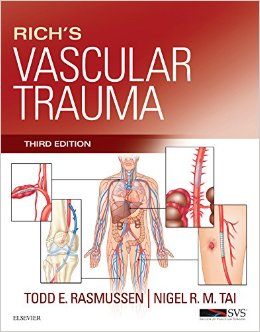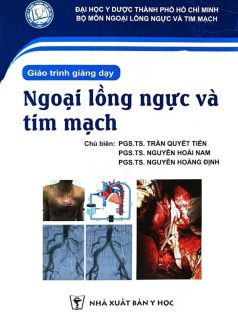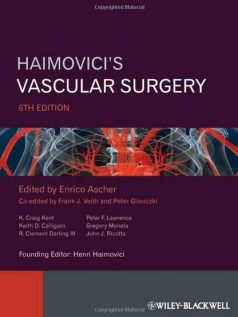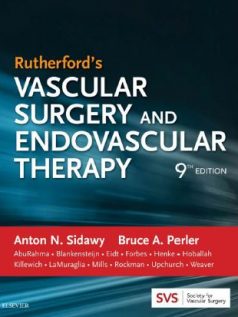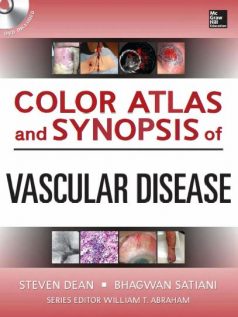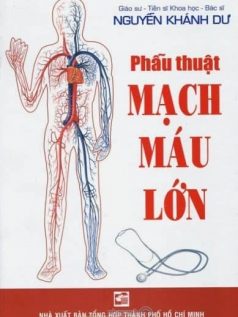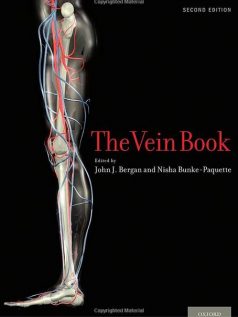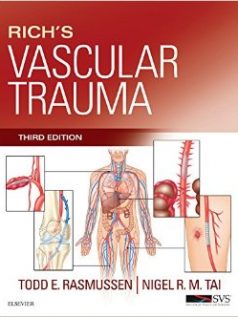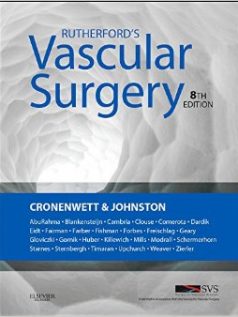Rich’s Vascular Trauma 3rd Edition
Published in association with the Society for Vascular Surgery (SVS), the newly updated edition of Rich’s Vascular Trauma draws on civilian and military authorities from around the world to offer comprehensive and up-to-date coverage of the management of vascular injury. Anatomic patterns of vascular trauma including extremity, torso and cervical injury are reviewed in detail, including the latest techniques to manage non-compressible torso hemorrhage. You’ll have access to all of thecurrent innovations across the broad spectrum of vascular trauma, presented in a well-organized fashion that allows you to quickly hone-in on the most important issues in patient care and management.
- Emphasizes the current management of civilian vascular injuries with an historical reflection of pioneering contributions from the battlefield.
- Combines the largest existing database of military vascular trauma with the experience of one of the nation’s premier civilian trauma centers.
- Examines operative techniques and “damage control” for vascular traumas.
- For the first time, includes a novel International Perspectives section featuring fascinating accounts of vascular trauma from nine leading surgeons from five continents. This section focuses on innovative surgical treatments tailored to locally developed pathways of care, training solutions, and regional injury patterns.
- End-to-end coverage of all phases of acute vascular injury care, including a new assessment of the implications of vascular trauma in the pre-hospital setting (i.e. point of injury and en-route care).
- Covers the emerging hot topics, including endovascular procedures to manage trauma, contemporary use of vascular shunts, and a modern reappraisal of resuscitative endovascular balloon occlusion of the aorta for shock.
- An innovative chapter on the systems approach and quality improvement in vascular trauma, offering information and tactics for all providers wishing to understand how clinical systems underpin patient outcome and recovery from this challenging injury pattern.
- A combined civilian and military authorship from internationally recognized authorities draws on the best available evidence, experience, and lessons-learned from Afghanistan, Iraq, and the “urban battlefield.”

